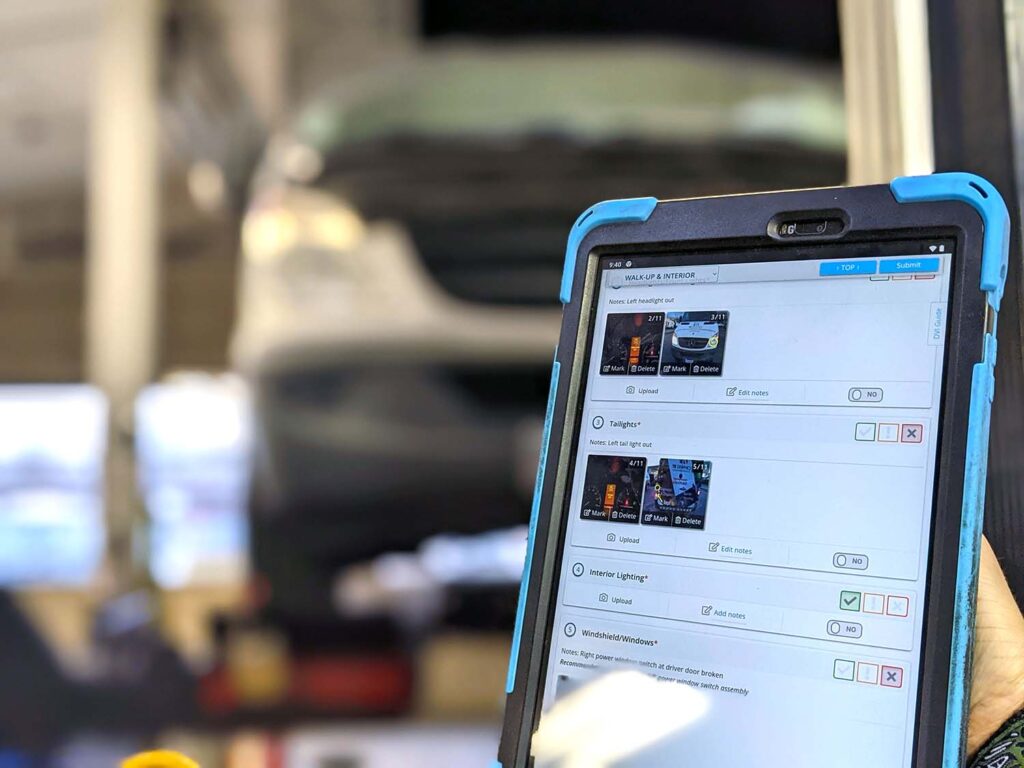Frequently Asked Questions
At Visscher-Pau Automotive, we’re committed to providing you with exceptional service and keeping your vehicle running smoothly. We understand that you may have questions about our services, how to schedule appointments, and how to best care for your car or truck. In this FAQ section, we’ve compiled answers to some of the frequently asked questions we receive from our valued clients.
Whether you’re wondering about the types of vehicles we service, how to book an appointment, the importance of oil maintenance, or even the ins and outs of winter tires, you’ll find helpful information here. Our goal is to make your experience with us as seamless and informative as possible.

What do you work on? Will you be able to get parts for my car?
We provide service for most domestic, Asian, and European vehicles. For most vehicles from the ’80s onwards, our suppliers are able to source parts within a day or so. From sedans and minivans to SUVs and pick-up trucks, we can service them. We also provide maintenance services for medium-duty trucks and vehicles.
How do I get my vehicle in? Do I have to make an appointment?
As we often book up quickly, appointments are recommended about a week in advance. Drop-in availability is limited, and appointments are preferred.
Many jobs will require you to leave your vehicle for the day. Courtesy vehicles are available as well. Some take less time and some take more; contact us today and we can give you a better idea of what to expect!
What is an oil service?
Vehicles with engines use motor oil for vital lubrication for their hundreds of moving parts. An oil filter ensures that contaminates do not reach crucial parts of the motor. The older and dirtier the motor oil, the worse it performs and the more likely it will burn up, causing oil starvation. This leads to internal damage, and at worse, the need for a replacement engine.
Our oil maintenance services are an important part of our preventative maintenance services, and they include a complete visual mechanical inspection to ensure your safety on the road. This allows us to catch smaller repairs before they become bigger issues down the line.
How often do I need to change my oil?
On average, most vehicles require an oil change and oil filter replacement every 6 months or every 5,000 kilometres, whichever comes first. We use high-quality products that meet or exceed manufacturer specifications for engine oil and filters. A decal on the upper left corner of your windshield will let you know when it is time to return the next service.
Do I need to take my newer vehicle to a dealership for service in order to keep my warranty valid?
Not at all. Your warranty is valid as long as the specifications given by the manufacturer are followed. Our oil changes are warranty approved, and we follow manufacturer maintenance schedules.
What does it mean if my “check engine” or “service engine soon” light comes on?

Modern vehicles have onboard diagnostic systems (OBD) that monitor how they are running. Vehicles from 1996 onwards have the standardized OBDII system, while vehicles prior to that may use proprietary systems. If an issue is detected, then a malfunction indicator light is lit up and the vehicle would have to be checked with a proper diagnostic scanner to read the data.
Issues range from a loose gas cap to major engine sensor failure. Sometimes, your vehicle will run much more rough when the light is on, but there are times when there is no noticeable change in the way it drives. As such, it’s important to make sure the issues are checked to keep your vehicle from major mechanical damage, as well as to ensure that you are getting the best performance and fuel mileage possible.
Are winter tires really necessary? Could I keep them on all year?
Think of winter tires as more of a “temperature” tire rather than strictly a “snow” tire. As temperatures drop below 7 degrees Celsius, the rubber in your all-seasons or summer tires become less grippy and less safe. Likewise, as temperatures rise above 7 degrees, your winter tires lose their effectiveness and begin to wear much more quickly. For the best control and safety, use winter tires when it gets colder and all-seasons when it gets warmer.
If you can’t find the answers you’re looking for amongst our frequently asked questions or have additional questions, please don’t hesitate to reach out to our friendly team. We’re here to assist you every step of the way. Thank you for choosing Visscher-Pau Automotive for your automotive needs.

